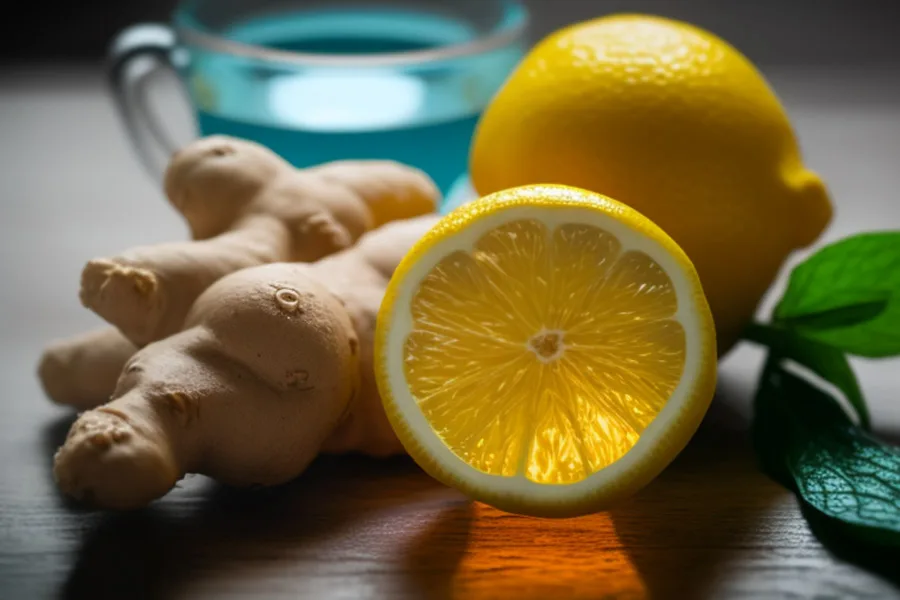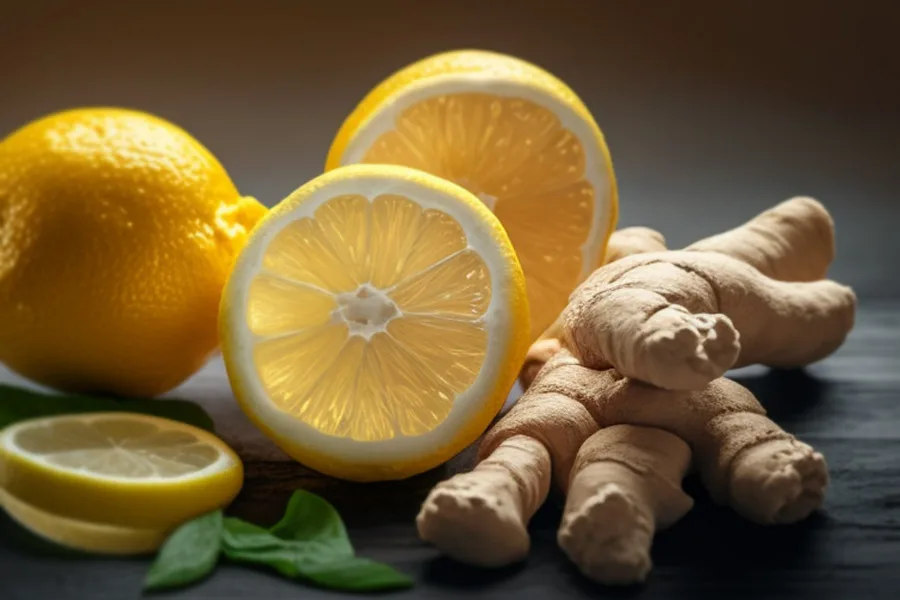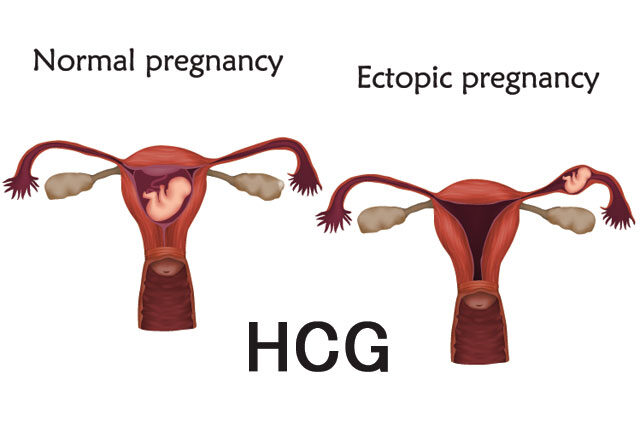The ginger plant is very popular around the world. Most often, people use ginger in their tea. They brew freshly ground or dried ginger in hot water. Beyond taste preferences, such tea proved to be an effective remedy for a number of health symptoms. However, are those benefits higher than the health risks women may acquire from drinking ginger tea when pregnant? This article will cover the health benefits and potential risks for pregnant women.
Ginger and Its Health Benefits

Many cultures have been praising the health benefits of ginger for centuries. The ginger plant is widely used in South Asia, Africa, and the Caribbean, and in similar warm climates. People mainly use the root of this plant for cooking or medicine, including in traditional remedy recipes.
Indeed, the effectiveness of ginger root is undeniable. The plant has powerful anti-inflammatory qualities. It is a popular traditional treatment for nausea and vomiting. In fact, ginger tea has proven helpful for sickness, including morning sickness in pregnant persons. In addition, expecting mothers often take ginger to relieve other pregnancy symptoms like:
- headaches;
- swelling;
- bloating;
- inflammation;
- high cholesterol levels.
Ginger can also lower your blood sugar levels. Such a result occurs after eating no less than four grams of ginger per day. Therefore, it can serve as an effective dietary supplement for people with diabetes.
What Amount of Ginger Is Safe for Pregnant Women?
Some women have a habit of consuming ginger tea every time they feel nauseous or unwell. Although such tea can reduce some of the pregnancy discomforts, too much of it can lead to unpleasant consequences. The recommended daily norm of ginger for pregnant women is around 1 gram or one teaspoon.
Exceeding this norm can lead to undesirable side effects from heartburn or flatulence to blood clotting issues, blood thinning, and severe bleeding close to labor. Such severe consequences are very rare and rather depend on a person’s tolerance and existing health issues.
Typically, fresh ginger can cause an increased risk for pregnant women’s health only close to birth. So, it’s best to reduce any ginger consumption when approaching your due date and switch to herbal teas and lesser spicy food instead.
What about Ginger Supplements?
Some women consider taking ginger supplements while pregnant. Although such a decision is up to them to make, a doctor’s recommendation will be an advantage. In some cases, such supplements can interfere with the correct work of other medications.
Thus, women who take blood pressure medication or blood thinners should seek advice from healthcare professionals before taking ginger supplements. Instead, they may consider other options to include ginger in their diet, such as:
- making ginger water;
- making tea with slices of ginger and lemon;
- grinding fresh ginger for spice;
These methods involve small ginger doses and can satisfy a woman’s craving for this spice.




